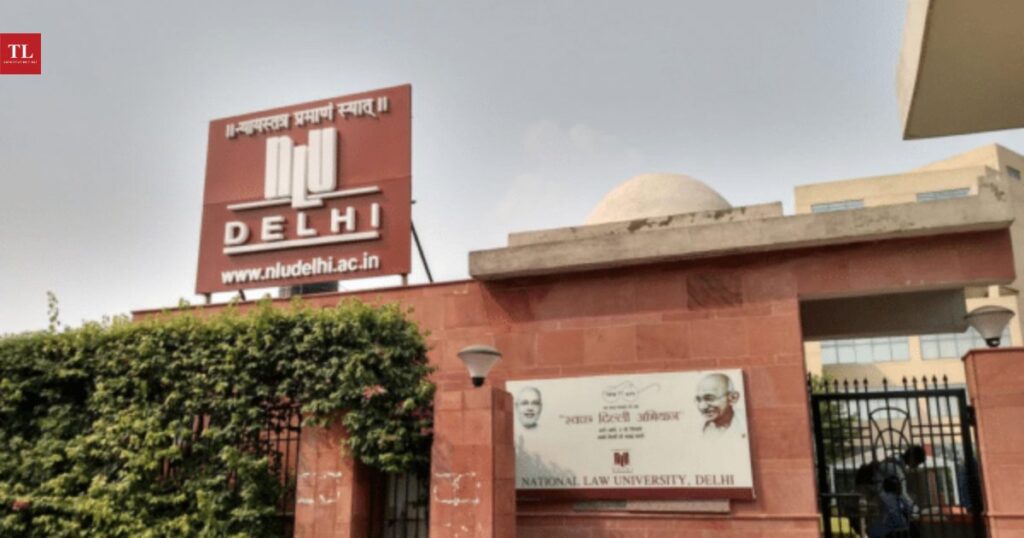South Asian Human Rights statement on refugees from Myanmar mendacious SAHR leadership needs to repudiate it
24 July 2021
The South Asians for Human Rights (SAHR) is a Colombo based regional organisation. Its Bureau consists of many knowledgeable individuals from the region. However, it is doubtful if they exercised oversight on a public statement put out in the name of the organisation dated 9 July 2021. The public statement titled, ” SAHR Is Deeply Concerned For The Myanmar Nationals Fleeing To India And Their Impact On The Host Community” (see full text at https://www.southasianrights.org/sahr-is-deeply-concerned-for-the-myanmar-nationals-fleeing-to-india-and-their-impact-on-the-host-community/ ). It is dated 9 July 2021 and was brought to SAHRDC’S notice on the afternoon of 21 July 2021.
…


